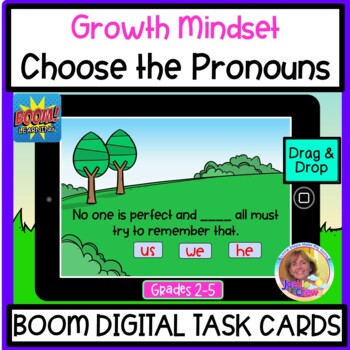I really have not been a slacker this year although from my posts it looks that way. I have spent this past school year babysitting my brand new grandson and updating resources on TPT. Everyday I am thrilled beyond measure to see his little smiles and feel his hugs. Our Noah will be a year old in July 2025. We love him so much!
So while that is super happy there is a very sad note for our family. My dachshund, Sammers, began having seizures so we had to put him to sleep. I miss him everyday. He was 18 years old so he was with us a very long time. His doggy life was to just exist, though, and we wondered when another seizure would happen. I couldn't let him face another one. And yes, some might ask: "Do you want another dog?" My answer would be absolutely!!
We are getting ready to travel for the second time to the UK soon so what a wonderful diversion it will be. I am SO looking forward to "The Tube" and traveling to Ireland and Scotland as well as London. I seriously can hardly wait.
Here is a sample set of three pages of my Label the Zoo Animals. There is one page in this sample that is not in the full product. Enjoy!
https://www.teacherspayteachers.com/Product/Lets-Label-the-Zoo-Animals-Try-it-Samples-3169797



















